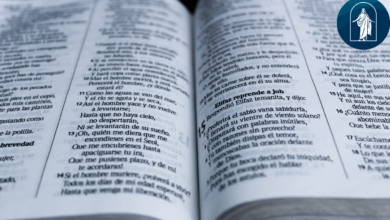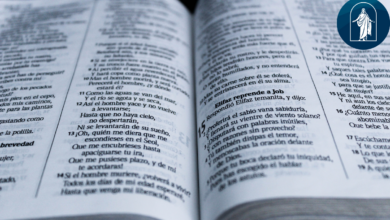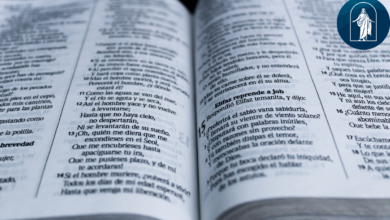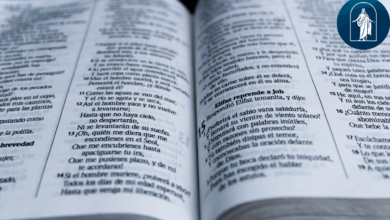Joshua, Chapter 15:
publicidad
Joshua Verses, Chapter 15 of the Book of Joshua of the Bible.
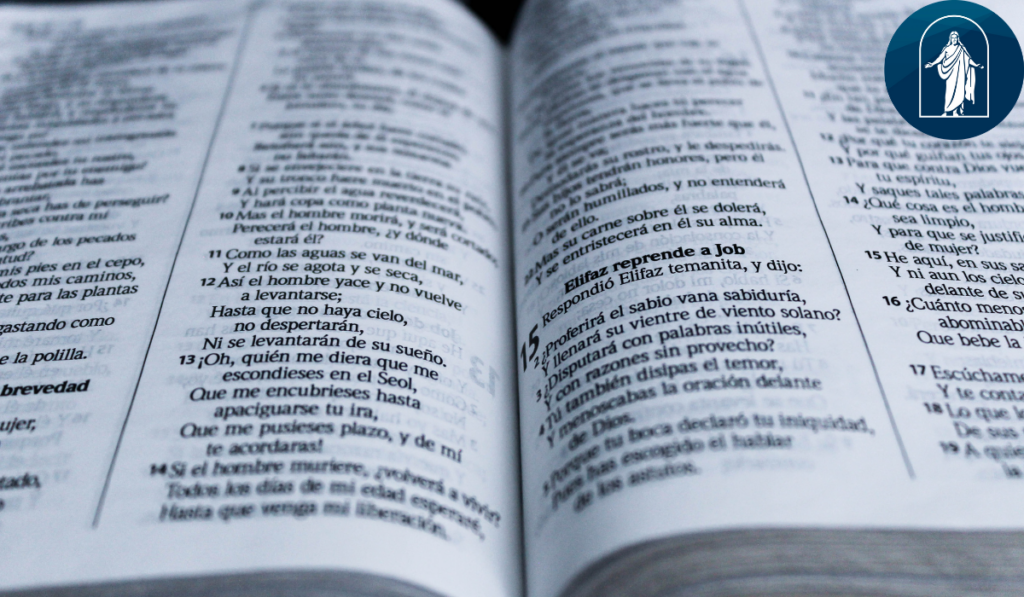
The territory given to Judah
- 1. The lands that were distributed to the tribe of Judah, clan by clan, extended south to the border with Edom, reaching the desert of Zin in the extreme south.
- 2. The southern border began at the tip of the land of the Salt Sea, went south from the ascent of Acrabim to Zin, passed south of Kadesh-Barnea and continued to Hezron, Adar and Karka.
- 3. From there it continued to Azmon, crossed the river of Egypt and reached the sea. This was the southern border.
- 4. The eastern border was the Salt Sea to the mouth of the Jordan. The northern border began at the cove, at the mouth of the Jordan,
- 6. It went up to Beth-Hogla, and passed north of Beth-Arabah to the Rock of Boan, son of Reuben.
- 7. The border then ran from the valley of Achor to Debir, turning north towards Gilgal, near the rise of Adumim, south of the river. It passed through the waters of En-Shemes and continued to En-Rogel.
- 8. Then he went up through the valley of Ben Hinnom, along the southern slope of the city of the Jebusites, that is, Jerusalem. It continued to the top of the mountain west of the Valley of Hinnom, on the north side of the Valley of Rephaim.
- 9. From the top of the mountain, the border continued to the spring of Nephthoah, went towards the cities of Mount Ephron, and went down towards Baalah, also called Kiriath-jearim.
- 10. From Baalah it turned west toward Mount Seir, along the northern slope of Mount Jearim, also called Kesalom, down to Beth Shemesh and passing through Timnah.
- 11. It continued along the northern slope of Ekron, turned towards Shikron, went on to Mount Baalah and reached Jabneel, ending at the sea.
- 12. The western border was the coast of the Great Sea.
- These were the borders that demarcated Judah, clan by clan, on all sides.
- 13. According to the command of the Lord, Joshua gave Caleb son of Jephunneh a portion of land in Judah, which was Hebron, also known as Kiriath-arba. Arba was the ancestor of the Anakites.
- 14. Caleb expelled the three Anakites from Hebron: Sheshai, Ahiman and Talmai, descendants of Anak.
- 15. After this Caleb advanced against the people of Debir, which was formerly called Kiriath-sepher.
- 16. Caleb said, “I will give my daughter Achsah in marriage to whoever conquers Kiriath-sepher.”
- 17. Othniel, son of Kenaz and brother of Caleb, captured the city, and Caleb gave him his daughter Achsah in marriage.
- 18. When Achsah went to live with Otoniel, she urged him to ask his father for a gift. As soon as he got off the donkey, Caleb asked, “What do you want?”
- 19. She replied: “I want a gift. Since you gave me land in the Negev, also give me springs of water.” Then Caleb gave him the upper springs and the lower springs.
- 20. This was the inheritance of the tribe of Judah, clan by clan.
- 21. In the extreme south of the territory of Judah, in the Negev, on the border with Edom, were the following cities: Cabzeel, Eder, Jagur,
- 22. Quinah, Dimona, Adada,
- 23. Kedesh, Hazor, Itnan,
- 24. Ziph, Telhem, Bealoth,
- 25. Hazor-Hadathah, Kerioth-Hezrom (also called Hazor),
- 26. Amman, Shema, Moladah,
- 27. Hazar-Gada, Hesmon, Beth-peleth,
- 28. Hazar-Sual, Beersheba, Biziotiá,
- 29. Baalah, Ihim, Azem,
- 30. Eltolade, Quesil, Hormá,
- 31. Ziklag, Madmana, Sansana,
- 32. Lebaoth, Shilim, Aim and Rimmon. There were twenty-nine cities with their respective villages.
- 33. In the mountainous region: Estaol, Zorah, Asná,
- 34. Zanoa, En-Ganim, Tapua, Enã,
- 35. Jarmuth, Adullam, Soco, Azekah,
- 36. Saharaim, Aditaim and Gederah (or Gederotaim). There were fourteen cities with their respective towns.
- 37. Zenan, Hadasa, Migdal-Gad,
- 38. Dilehan, Mizpah, Jocteel,
- 39. Lachish, Bozcate, Eglon,
- 40. Cabom, Laamás, Quitlis,
- 41. Gederoth, Beth-dagon, Naamah and Makkedah. There were sixteen cities with their respective villages.
- 42. Libnah, Ether, Ashan,
- 43. Iftah, Asnah, Nezib,
- 44. Keilah, Aczibe and Maressa. There were nine cities with their respective villages.
- 45. Ekron, with its towns and villages;
- 46. as far as the sea, all the cities near Ashdod, with their respective villages;
- 47. Ashdod with its towns and villages, and Gaza with its towns and villages, as far as the River of Egypt and the coast of the Great Sea.
- 48. In the mountainous region: Samir, Jatir, Socó,
- 49. Danah, Kiriath-Sana (also called Debir),
- 50. Anab, Estemus, Anim,
- 51. Goshen, Holom and Gilo. There were eleven cities with their respective villages.
- 52. Arab, Dumah, Esan,
- 53. Janim, Beth-Tapuah, Aphekah,
- 54. Huna, Kiriath-arba (also called Hebron) and Zior. There were nine cities with their respective villages.
- 55. Muhammad, Carmel, Ziph, Jutah,
- 56. Jezreel, Jocdeam, Zanoa,
- 57. Cain, Gibeah and Timna. There were ten cities with their respective villages.
- 58. Halul, Beth-zur, Gedor,
- 59. Maharate, Beth-Anote and Eltecom. There were six cities with their respective villages.
- 60. Kiriath-Baal (also called Kiriath-Jearim) and Rabbah. There were two cities with their respective villages.
- 61. In the desert: Beth Arabah, Midim, Shecacah,
- 62. Nibshan, City of Salt and En-Gedi. There were six cities with their respective villages.
- 63. However, the descendants of Judah were unable to expel the Jebusites who lived in Jerusalem, and to this day the Jebusites live there, mixed with the people of Judah.
